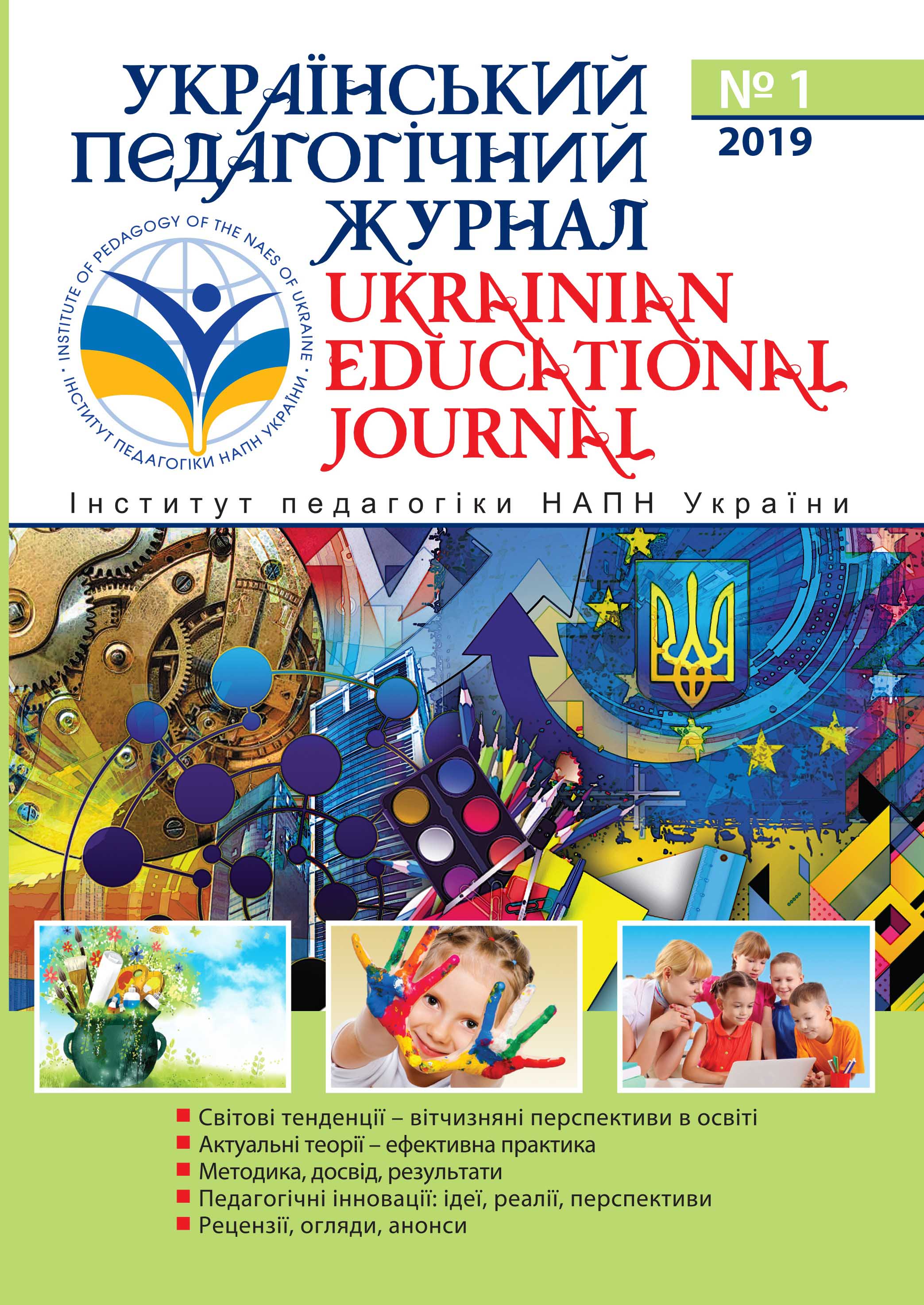Abstract
The quality of the educational process is considered here as a complex unity of substantive, procedural and effective components that are necessary and sufficient for achieving complex (pedagogical and socio-cultural) goals relevant to a particular stage of development of the national education system. The key parameters of the criteria for assessing the quality of the educational process of general secondary education include social and personal significance, realism, transparency and accessibility for assessment subjects, instrumentality and adaptability, adaptability, variable mobility, etc. Actually, the assessment of the quality of the educational process is considered as a multisubject, multidirectional and multidimensional activity.
In accordance with this, a criterial basis is proposed for assessing the quality of the educational process of general secondary education.
The system of criteria includes the positions of the educational itself (they are connected with the education, the formation of student subject and metasubject competences, preparation for professional self-determination, etc.) and sociocultural (associated with the fulfillment of the sociocultural order of society and the state, satisfaction of their expectations, including deferred).
The proposed criteria differ in the nature of long-range actions: some of them are aimed at assessing the immediate, current and medium-term results of educational activities, while others are aimed at assessing the degree of achievement of strategic educational goals. This article focuses primarily on criteria of the first type; they are considered as indicators focused on assessing the quality of the educational process of general secondary education as a multi-vector activity for the provision of a set of relevant educational services. It is important to understand these educational services precisely as a complex, where the actual training and upbringing is combined with various types of sociocultural activity, the integral effect in the end should be the formation of a graduate of
the school readiness for professional and personal self-determination, as well as an adequate level of sociocultural adaptability.
The system of proposed integral evaluation criteria is aimed at the coordinated analysis of the conditions, the actual organization and implementation process, as well as the effectiveness and efficiency of the educational process. Along with the justification of the significance and novelty of a criterion for the contemporary system of education quality assessment, the most appropriate
contexts of its use by different subjects of evaluation (participants of the educational process) are determined.

This work is licensed under a Creative Commons Attribution-NonCommercial-ShareAlike 4.0 International License.

